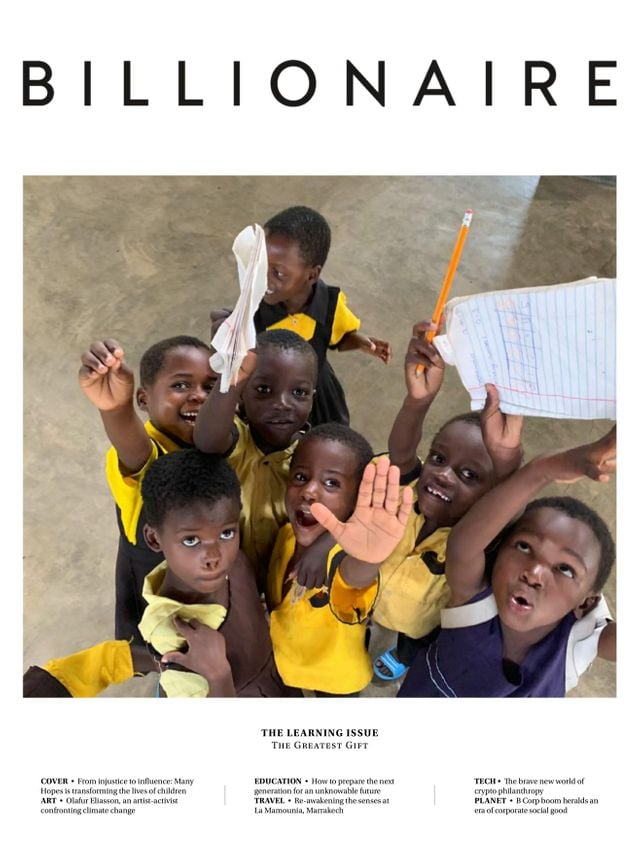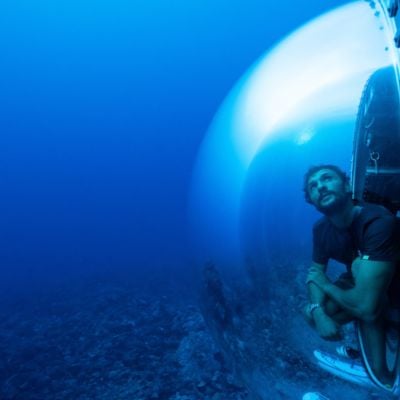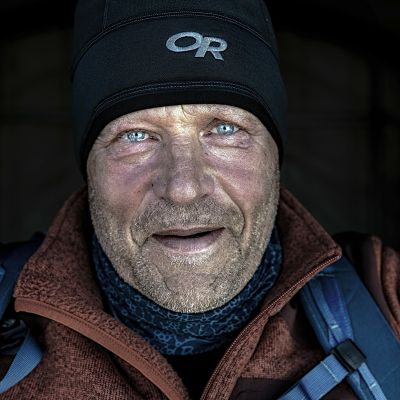Are You On The B-List?

A record number of companies are applying for B Corp accreditation to play their role in improving society.
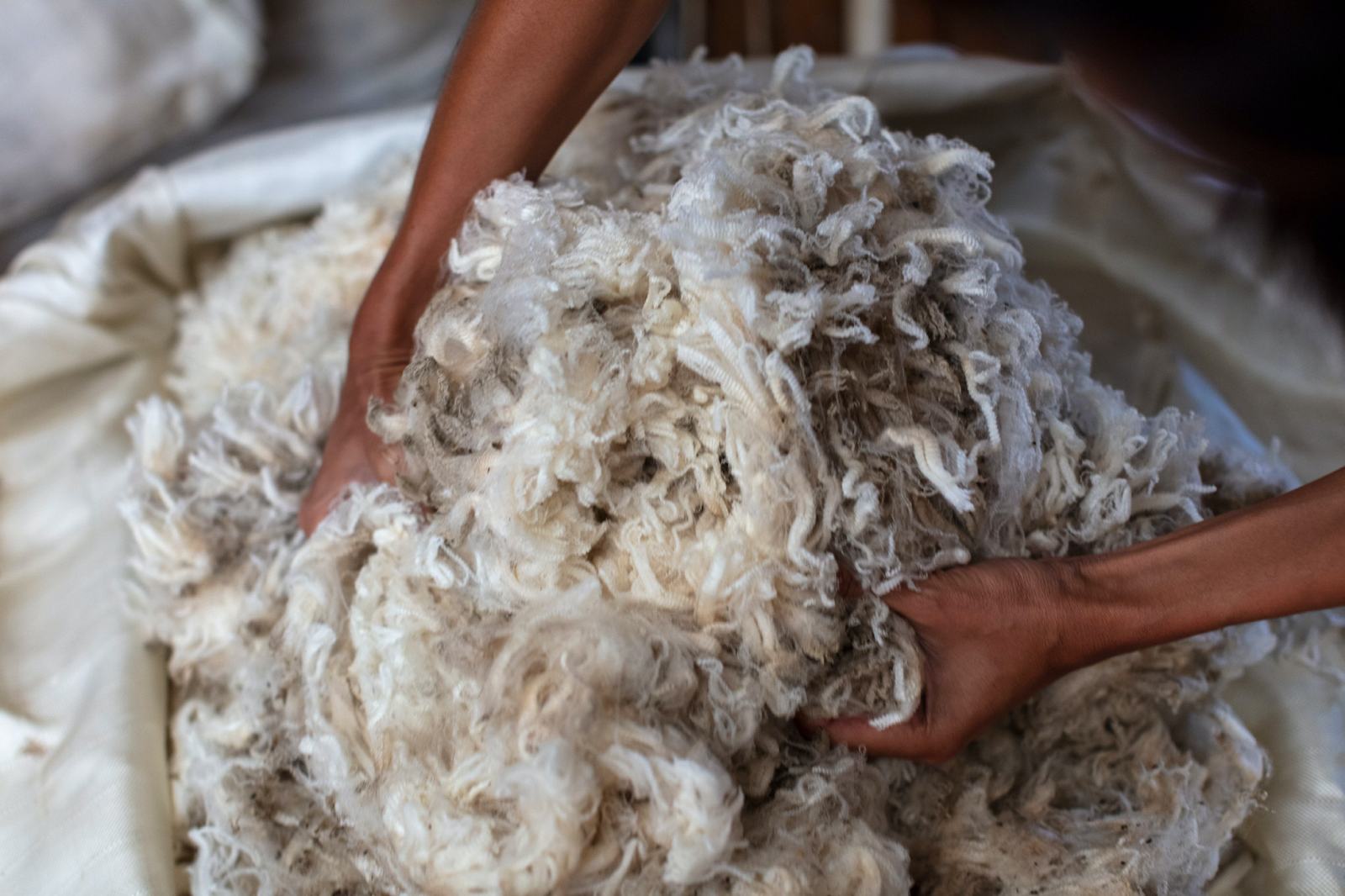
What do Coutts private bank, Allbirds trainers and Greyston Bakery (the supplier of Ben & Jerry’s chocolate brownies), all have in common?
The answer is, they are all Certified B Corporations (B standing for ‘benefit’), part of a community of 4,000-plus companies in more than 70 countries. B Corp is to business, what Fairtrade is to coffee. For a company to become Certified B Corp requires a minimum verified score of 80 out of approximately 200 points on the B Impact Assessment, assessed by not-for-profit, B Lab. A rigorous assessment of a company’s impact on its workers, customers, community, and environment, they must then publish their B Impact Report transparent on bcorporation.net.
Certified B Corporations also must amend their legal governing documents to require their board of directors to balance profit and purpose. The whole process requires weeks of paperwork, can take months to process and is a commitment to audit the carbon footprint of the business every two to three years.
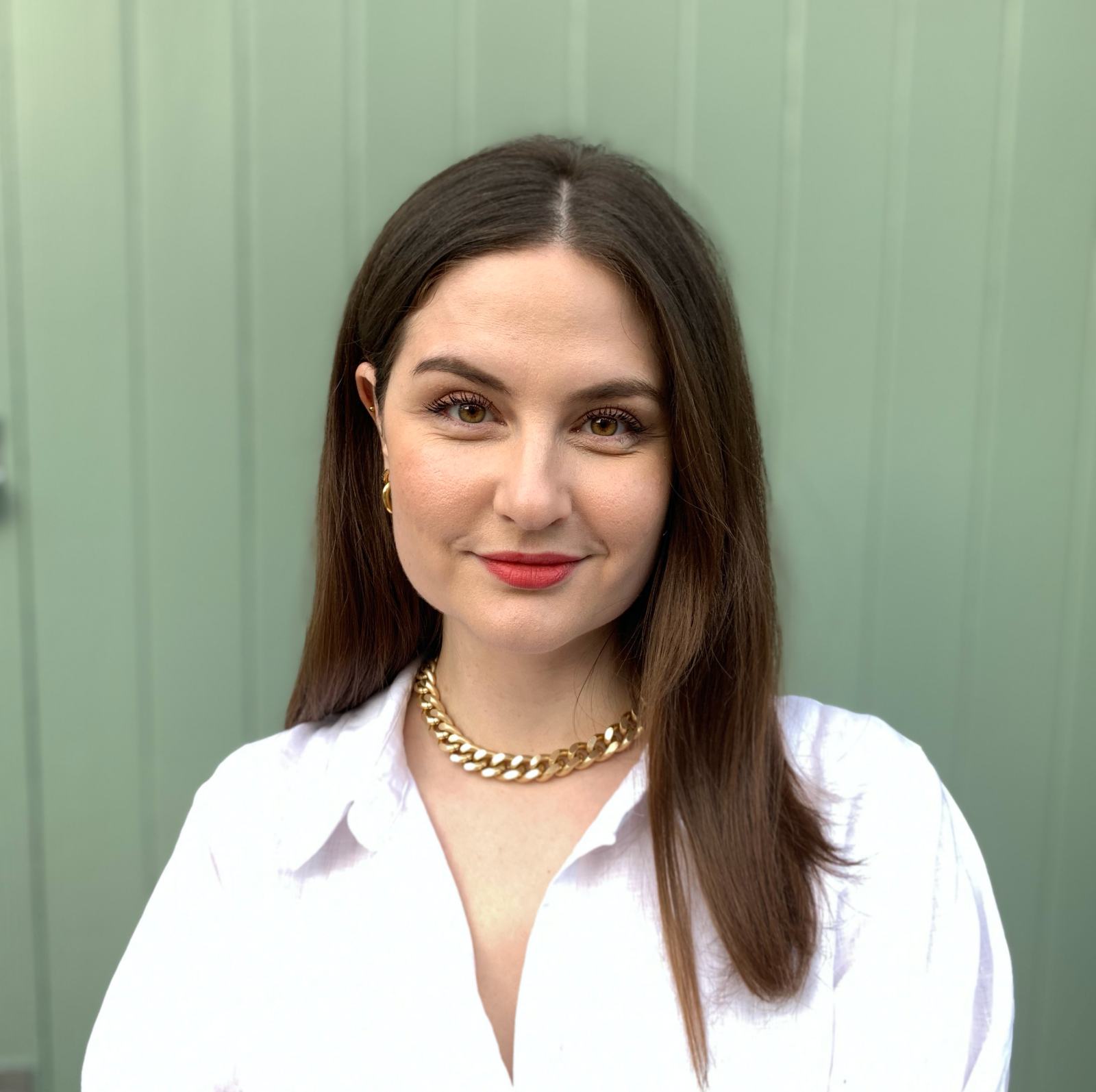
But, despite the challenges to entry, there has been a spike in companies applying for B Corp accreditation since the pandemic, says Amy Bourbeau, chief impact officer and co-founder at Seismic, a sustainability consultancy that helps advise companies on becoming a B Corp. She believes this is mainly because the pandemic helped people realise “how interconnected we all are, and how being sustainable and responsible makes organisations more resilient,” she says.
“The demand for businesses to be better and do better comes from stakeholders. The powerful storm of the global pandemic, an increasing distrust in leadership, rising awareness of racial disparity and the ever-growing urgency of the climate crisis, encouraged stakeholders to demand more from businesses. And B Corp rises to the top of the list as a way for companies to demonstrate their strong commitment to being a responsible business. I believe this is why we’ve seen such a spike in demand for B Corp certification.”
In fact, in the UK alone, where there are now 600 B Corps, there was a 70 percent increase in B Corp submissions in 2021 v 2020.

Far from a quirk of boutiques, billion-dollar firms are applying for B Corp certification, she adds. The largest B Corp is Danone North America; Danone generated sales of more than €24 billion in 2017. Others are household names, like Patagonia, The Body Shop, Propercorn and JoJo Maman Bebé.
There are great benefits to being a B Corp, Bourbeau says, including being part of a community of forward-thinking, fast growing, high performing companies. "Some studies have shown B Corps to be more resilient and profitable than regular businesses, and I think that’s due to the fact that they are holistically healthier.”
“For example - one of the five areas of the B Impact Assessment focuses entirely on workers - how your company can contribute to your employee’s financial, professional, and social wellbeing. We know that when you take care of your employees, they’re more productive and they stay longer. A higher employee retention rate contributes to a business’ profitability and bottom line.”
Bourbeau adds that the certification can only aid consumer attraction to brands - many consumers want to buy from responsible brands, and B Corp is an easy to recognise “shortcut” to purchase from a company which met rigorous social and environmental standards. Retailers and grocery stores are leaning into the movement - for example in the UK shops like Waitrose, Ocado and Boots have added B Corp-only “aisles” to their online shops.
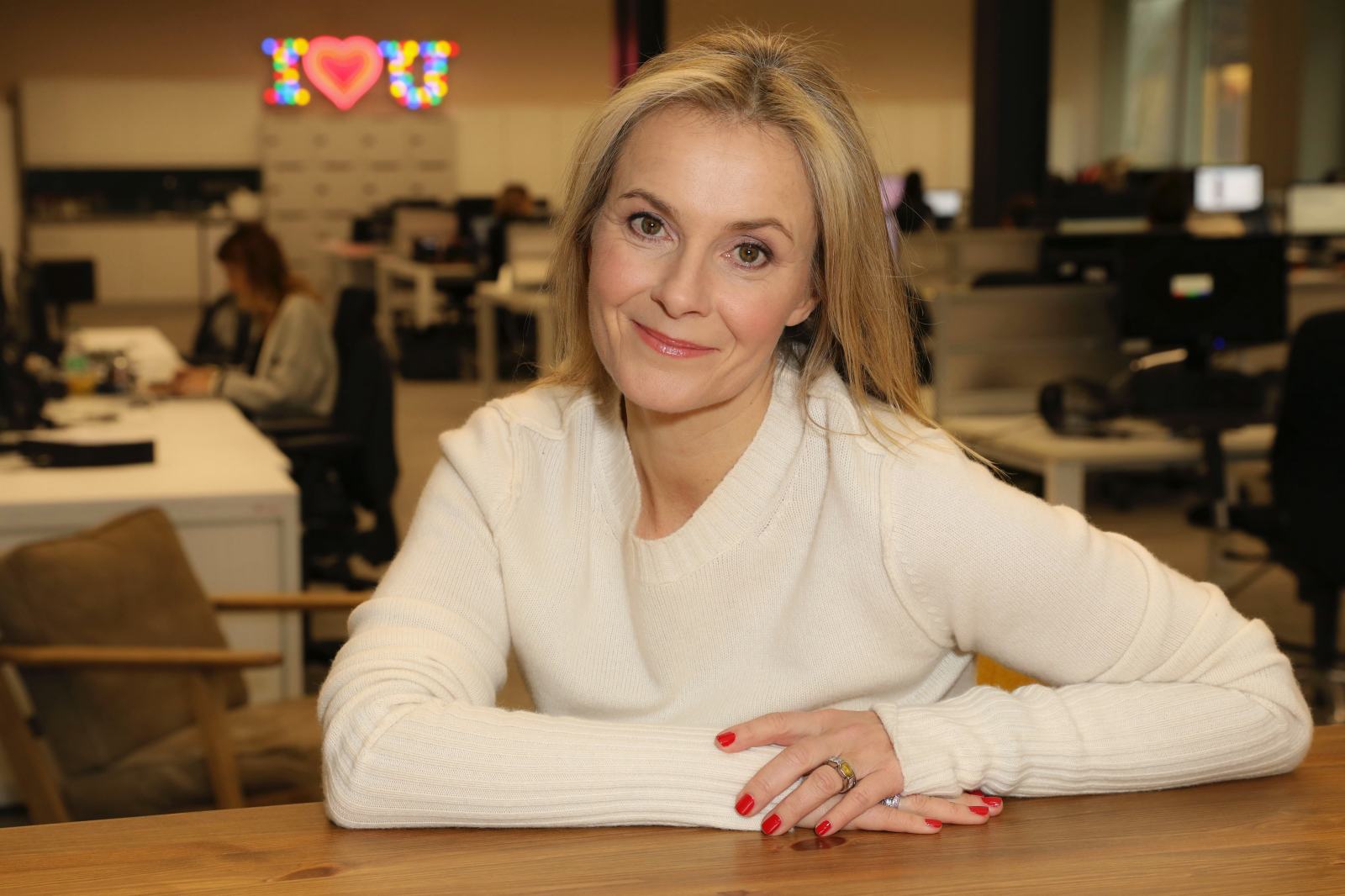
Science Magic Inc is a London-based creative and strategic company that helps brands, talent and businesses to grow by connections to their respective communities that deliver enduring values. It became B Corp-certified last year. Julietta Dexter, Chief Growth and Purpose Officer at Science Magic Inc, says it is a valuable proof point which demonstrates being a progressive business of a certain standard. “The B impact assessment is detailed and robust. From first deciding to pursue certification, it took us around 18 months until we achieved B Corp in December 2020. Since having the assessment as our benchmark, we have been able to focus our purposeful activities in line with the standard set by B Corp. This has been particularly important to our team members, both in terms of some of the incredible brands we represent who are leading the way, but also in our own internal initiatives – our pro bono work, our volunteering work and the excellent work of our Intersectionality Committee.”
If there is anything that has been proved by the frustrating lack of progress on climate change to date, it is that society’s problems cannot be solved by governments alone. Nor should it be the job solely of non-profits. The business community has an increasingly crucial role to play in helping to reduce inequality, lower levels of poverty, create a healthier environment, stronger communities, and the creation of more high-quality jobs.
Investors play a major role too. Since Larry Fink, the billionaire founder, chairman and CEO of Blackrock, the largest investment fund in the world, said that it would only be investing in organisations with a clear sustainable plan or portfolio, there has been a significant shift into sustainable investment. Fink, who calls himself an “environmentalist”, first mooted the plan on corporate purpose four years ago, at which time he got what he called “pushback” from about 40 percent of recipients of his annual CEO letter. For last year’s letter stressing climate matters, he said, the pushback level was “probably less than 10” percent.
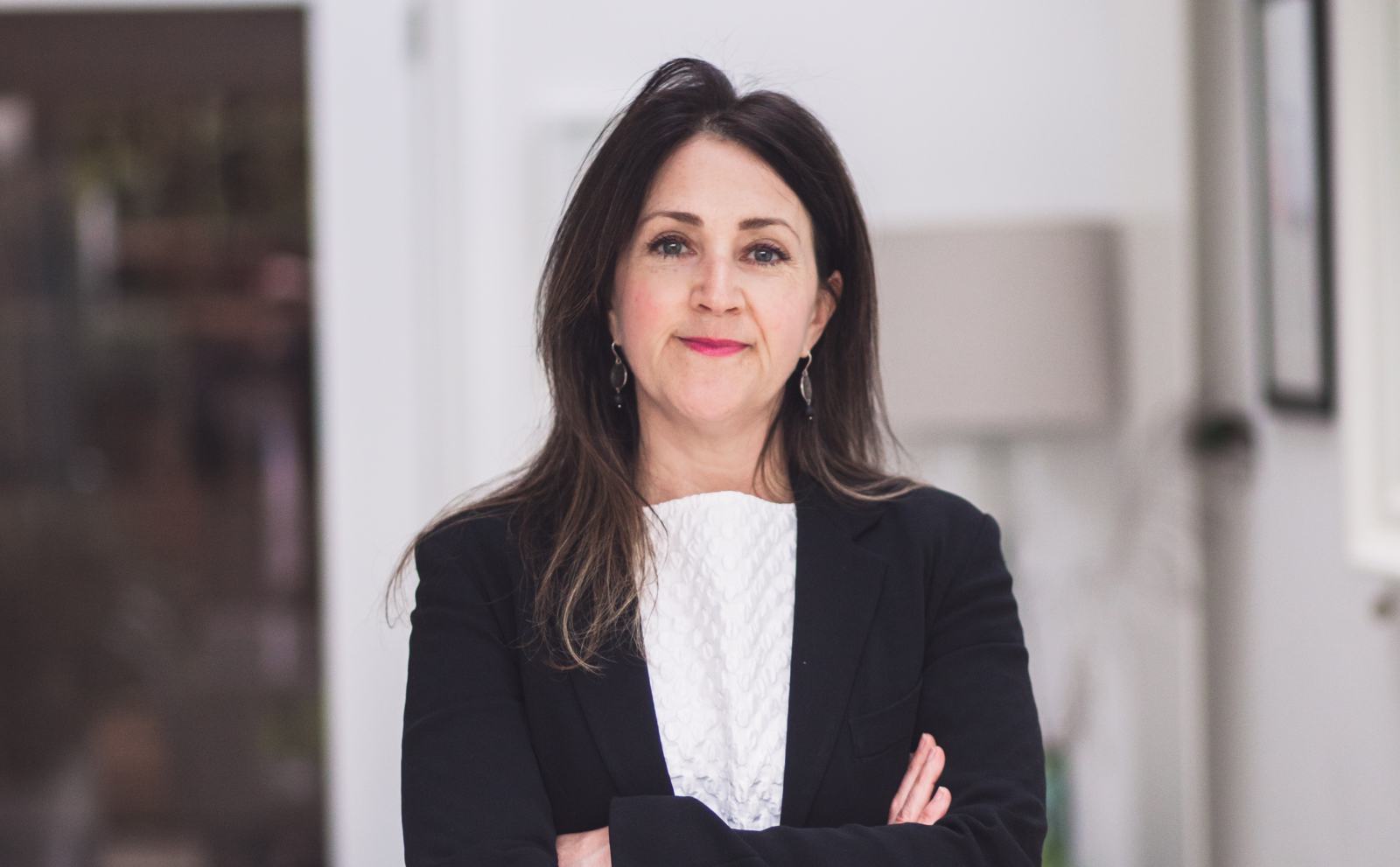
Climate crisis is a significant investment risk and it’s been widely reported about the potential climate emergency financial collapse. As Mark Carney, former governor of the Bank of England, stated: “Firms ignoring climate crisis will go bankrupt.”
Meanwhile, greenwashing from firms will be less tolerated as investors require due diligence on environmental claims and regulation ramps up, believes Michelle Carvill, a strategic marketer who is a course director for a four-day Sustainable Business Transformation Program. “The tide is definitely shifting,” she says, pointing to the Competitions and Marketers Authority (CMA), which established the Green Claims Code in October 2021, and has given until January 2022 for organisations to get their ‘eco claims’ in order before it starts enforcement in the new year. The CMA reported that from its research, online alone, it found that 40 percent of the green claims made on websites were misleading.
Carvill believes that more needs to be done to make B Corps more mainstream and a natural choice for organisations when starting out. At the moment, anyone can set up a business and there’s little accountability as to how they run it. If statutory requirements are met and taxes are paid, how you operate isn’t really accountable to anyone. But this should not be the case, believes Carvill. “There is the Better Business Act, which is being lobbied by B Corp and others, so I'd like to see something that gives more responsibility to businesses as part of their legal standing in place. And just like we have to report on our taxes, annually there should be some formal reporting about our business practice that is mandatory for all.”
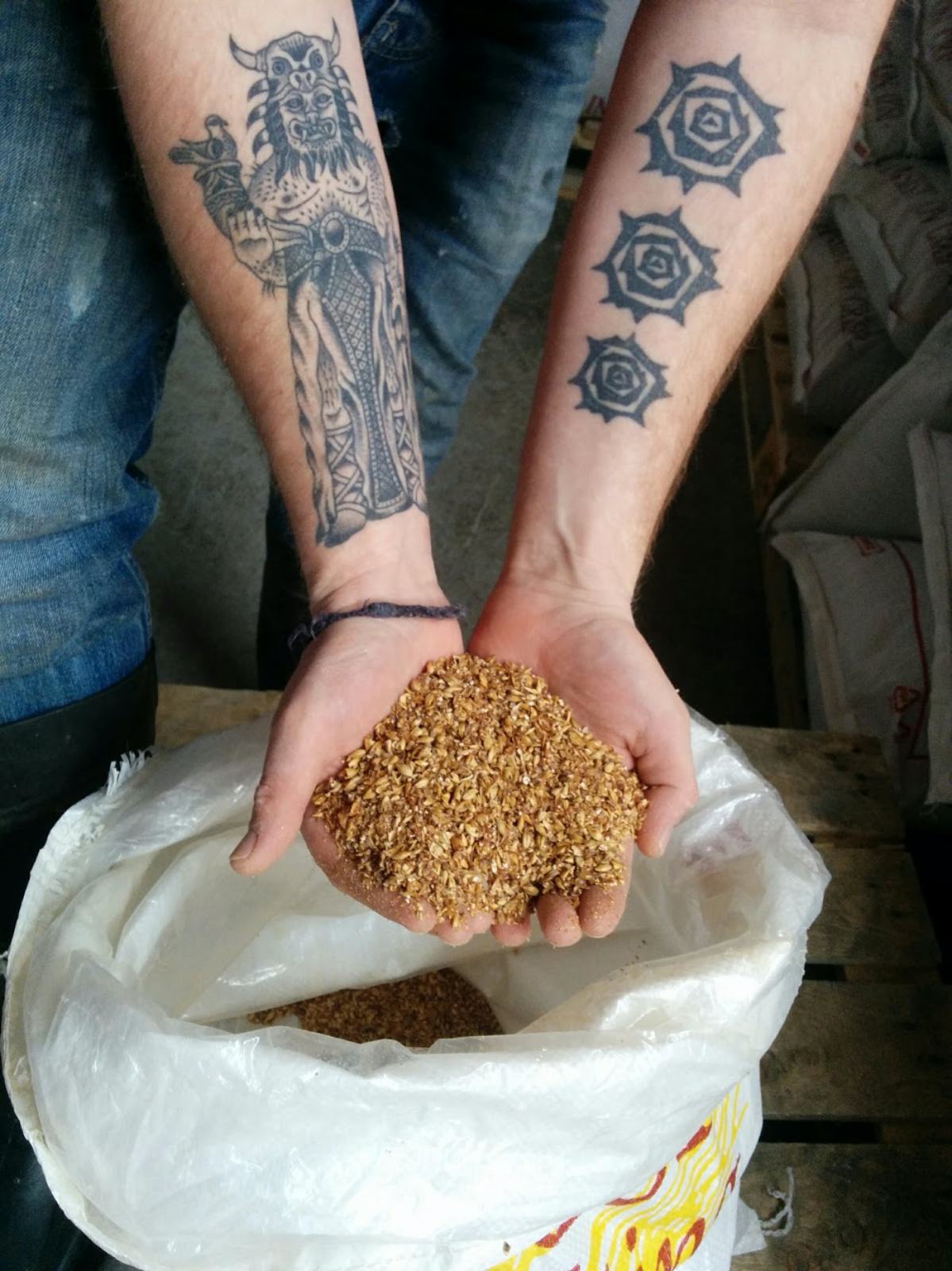
Some say there aren’t yet more B Corps because there isn’t enough demand from consumers; a complicated point, Carvill agrees. “For many years as consumers, we’ve been encouraged to buy more, get more and convenience has been a great and wonderful thing,” says Carvill. “It’s really only recently that the truths about waste, recycling, how unsustainable our overconsumption is and the devastation our ‘convenience culture’ is really coming to light. There’s still a long way to go in changing people’s behaviour and expectations but it’s started and we’re likely to see some major shifts over the coming years.”
This article appeared in Billionaire's Learning Issue, Winter 2021-22. To subscribe contact

